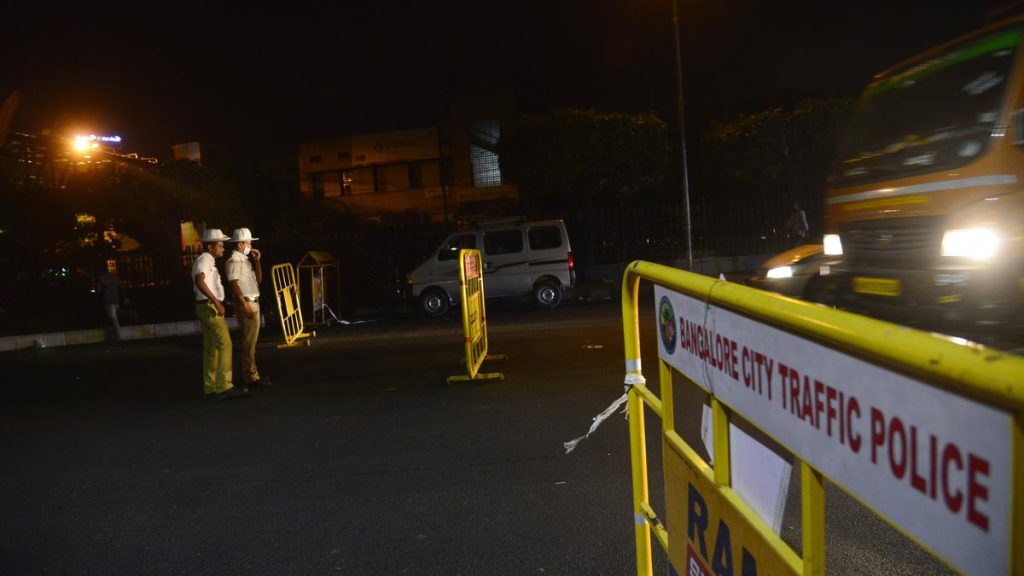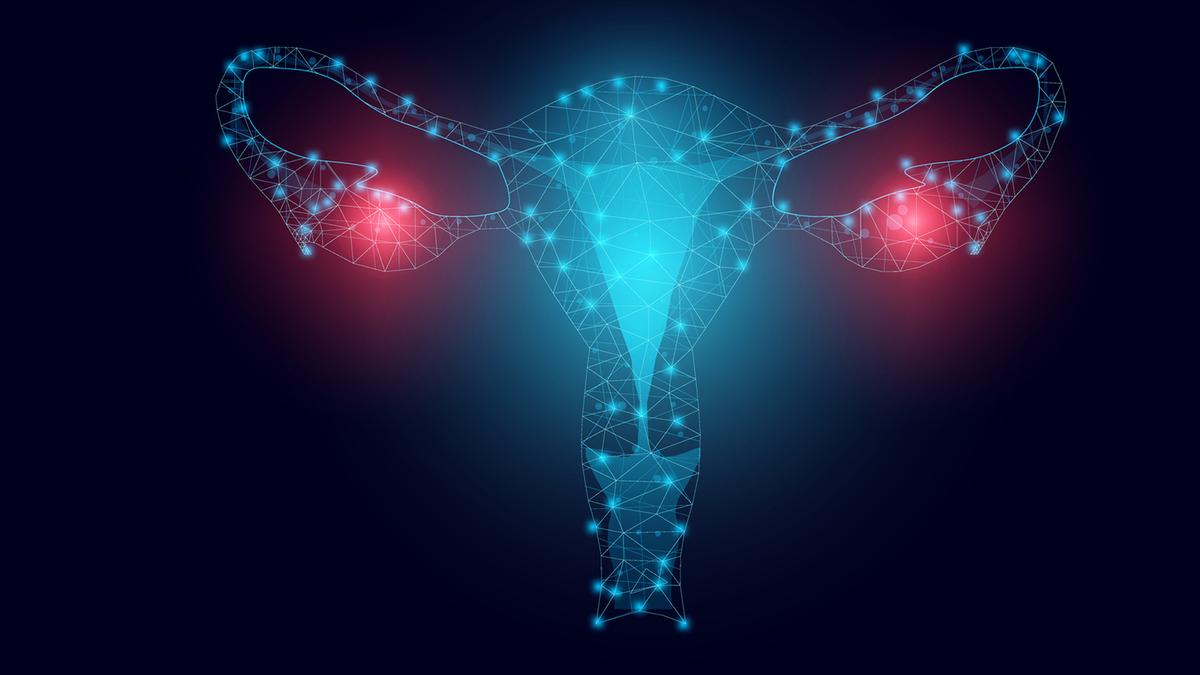Now Reading: Telangana Junior Doctors Protest Stipend Delays
-
01
Telangana Junior Doctors Protest Stipend Delays
Telangana Junior Doctors Protest Stipend Delays

Swift Summary
- The Telangana Junior Doctors Association (TJUDA) has raised concerns about persistent delays in stipend payments to junior doctors.
- Despite medical institutions submitting stipend bills on time, approvals remain stalled at the Finance department, causing financial hardship for frontline healthcare workers.
- TJUDA highlighted struggles such as inability to afford basic needs like food, rent, transportation, and examination fees. Families dependent on these stipends are also facing severe stress.
- The association stated that despite prior government promises to streamline disbursement processes following a strike notice, delays continue unabated.
- Key demands made by TJUDA include:
– Immediate release of all pending stipends and arrears.
– Empowering the Director of Medical Education (DME) to handle disbursals directly without bureaucratic interference.
– Establishment of a fixed and accountable monthly payment schedule.
Indian Opinion Analysis
Delays in stipend payments for junior doctors present both a logistical issue and an ethical concern. Amid recurring assurances from authorities, the gap between administrative processes and practical outcomes highlights inefficiencies within crucial financial systems. As frontline medical professionals face significant economic strain during their training years-vital for India’s healthcare workforce-the consequences could range from increased stress impacting work performance to potential disruptions in patient care if unresolved grievances escalate.
Resolving this issue requires structural reforms rather than temporary fixes. TJUDA’s demand for empowering specific bodies like the DME could help bypass bottlenecks in bureaucracy while ensuring accountability through fixed schedules may mitigate future recurrences.For India’s broader healthcare system relying heavily on these cadres during emergencies such as pandemics or crises, retaining morale through consistent pay is essential not just for fairness but operational effectiveness.
Read more: Published – September 17, 2025 – 07:06 pm IST






















